The director of Lawnmower Man on the past, present and fantastic future of VR
The state of virtual reality today
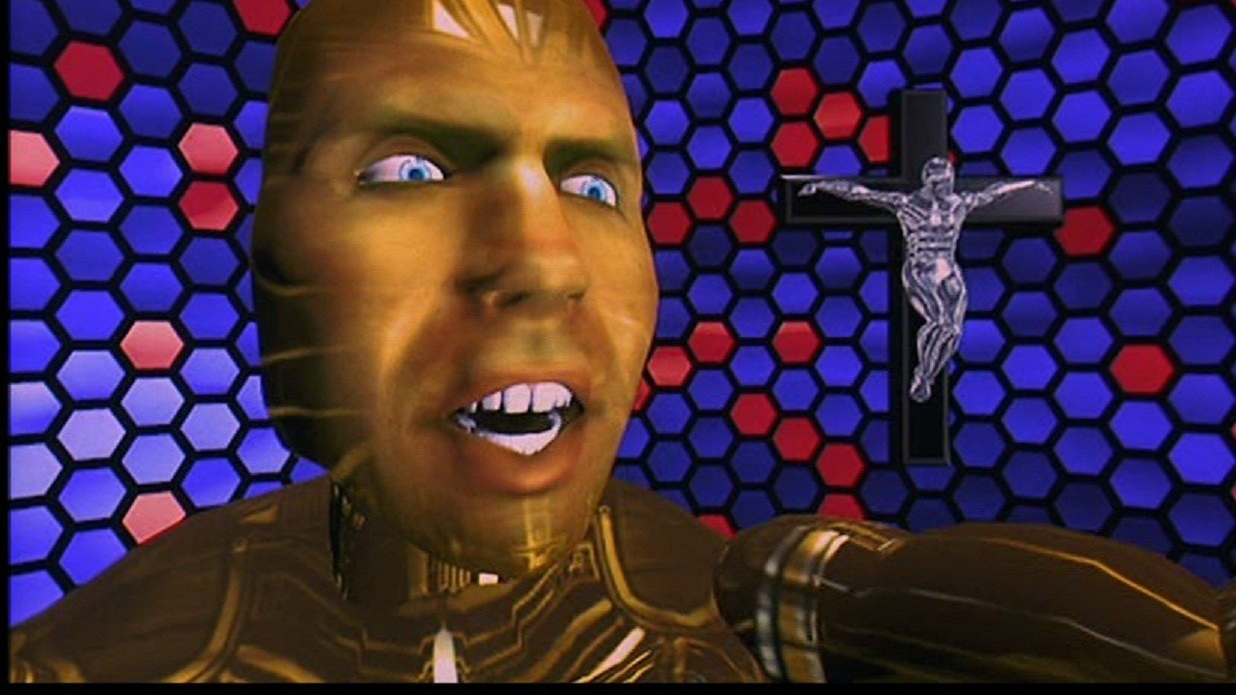
It's 1992. Cern has just announced to the world that it won't charge for its new mass communication service, the web. Microsoft has begun selling Windows 3.1 and Adobe has just announced something called the PDF.
As years go, it's not one that smacks of technological change, but a film on the big screen was showing something wholly different.
Lawnmower Man is the movie everyone used to think of when virtual reality was mentioned. Released in 1992, the film, directed by Brett Leonard, focuses on Jobe Smith (Jeff Fahey), a simple gardner who is chosen by Dr Lawrence Angelo (a pre-Bond Pierce Brosnan) to be a test subject for an experiment that will make him smarter, with the use of drugs and virtual reality.
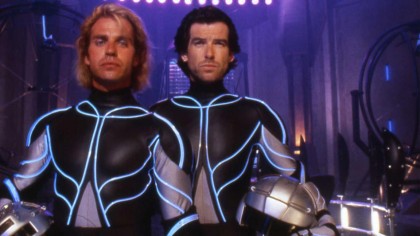
Whatever you think of the movie, it housed eight minutes of the most mind-blowing visual effects seen on the big screen at the time, including the world's first virtual reality sex scene.
The effect of these effects is still being felt in the entertainment industry today. Not just because the VFX was created by Angel Studios, which eventually became GTA's Rockstar San Diego, but because Palmer Luckey, creator of the Oculus Rift, wears the influence of the movie on his sleeve - meaning anyone who has tried Oculus is wearing the influence of the movie on their face.
"It's an amazing time for me," says Leonard, "When Palmer lucky got billions from Mark Zuckerberg for Oculus, he revealed to the press that Lawnmower Man was an inspiration."
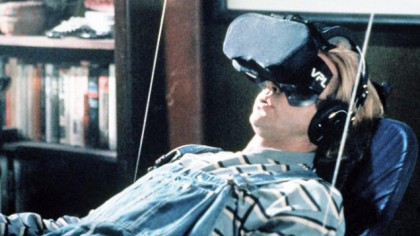
How couldn't he? The movie kickstarted a wave of virtual reality movies made in Hollywood - with Leonard contributing one more with Virtuosity in 1995 - and the aesthetics of the virtual reality systems seen today actually haven't changed that much in over 20 years, even if the software has.
Get daily insight, inspiration and deals in your inbox
Sign up for breaking news, reviews, opinion, top tech deals, and more.
"The headsets in Lawnmower Man were created by Alex McDowell [who went on to do production design for Fight Club and Man of Steel]. We reconnected recently and we are in a similar place with VR. The design we came up with was us thinking about the ideal, what we would really want a VR headset to look like. And it turns out we were close!
"The HTC Vive and Oculus are great. And there I am unpacking them and thinking I made a movie about VR, I made this - they look like our designs, they look like what we created."
The Pixar of VR
Leonard is still a thriving part of VR community. He has his own production company Virtuosity Entertainment, which he set up with Scott Ross of ILM. They are currently focused on becoming "the Pixar of VR", hoping to create experiences for VR users that transcend the normal ways of storytelling.
"I have been looking at interactive filmmaking for 20 years and now billions of dollars are going into this area - it's where the entire entertainment business is going.
"But for me, I am really interested in VR as a new medium. Not just a peripheral, but something that's making a difference in the cinematic language and any medium we have had before.
"I have been looking at the ideas of interactive narrative - the Holy Grail between gaming and filmmaking."
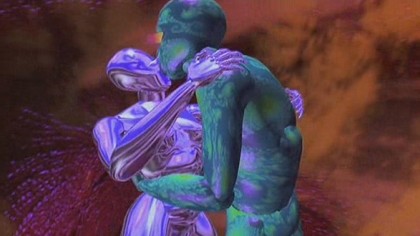
One of Leonard's ideas is rebooting Lawnmower Man for a new generation. The idea is a heady one: taking the Lawnmower Man VR experience and placing into this new world of VR, a place that was in part inspired by Lawnmower Man.
"I am developing Lawnmower Man: Reborn. It is going to be something that is set in virtual reality - a 'storyworld' in VR. We shouldn't call it storytelling, but storyworlds - there will be VR storyworlds of Lawnmower Man that will go out before the actual film."
A cautionary tale
While Leonard's enthusiasm for VR hasn't disappeared in the 25 years since Lawnmower Man, he does take the themes of the film seriously. At its heart Lawnmower Man isn't a celebration of virtual reality, but a tale that boils down to: if you mess with virtual worlds, they will in turn mess with you. This is something that is not lost on the director.
"The VR themes brought up in The Lawnmower are all cautionary, and I am still telling a cautionary tale," he says. "VR could change the world, but it could also go the wrong way."
One way he is doing this is with another VR-based project he is working on: The Futurist. Developed with producer/writer Rob Weiss (Entourage and Ballers), and the new VR game company The Rogue Initiative, headed by Pete Blumel (formally lead producer for Infinity Ward's Call of Duty" game series), The Futurist will have "the 5 Laws of VR" at its heart.
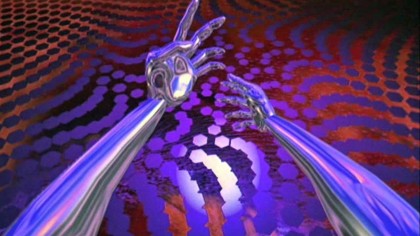
"This is something that I need to get out there because the stakes are high," says Leanord.
"I have experienced the most advanced VR out there and it can change your brain chemistry. The creators of this new medium need to be creating an ethical framework."
The Futurist is yet another way Leonard is pushing the boundaries of what VR can do. "People want to experience beyond reality. The whole 360 camera VR is interesting but that's not my focus.
"I believe that interactive narrative in VR is more like a tribal ritual and I am looking at that ritual ability to take a group of people to take on a bigger journey. They will have a lot more of a connection. This ultra modern media, going back to traditional things.
And what headset will they be using to experience this VR? Leonard doesn't mind, though he is having a lot of fun trying them all out.
"It is such an amazing thing at the moment with VR. I feel like I am walking in the reality of my own movie."
- It's VR Week on techradar! Check out all of our awesome content here as we usher in the second coming of virtual reality.
Marc Chacksfield is the Editor In Chief, Shortlist.com at DC Thomson. He started out life as a movie writer for numerous (now defunct) magazines and soon found himself online - editing a gaggle of gadget sites, including TechRadar, Digital Camera World and Tom's Guide UK. At Shortlist you'll find him mostly writing about movies and tech, so no change there then.
